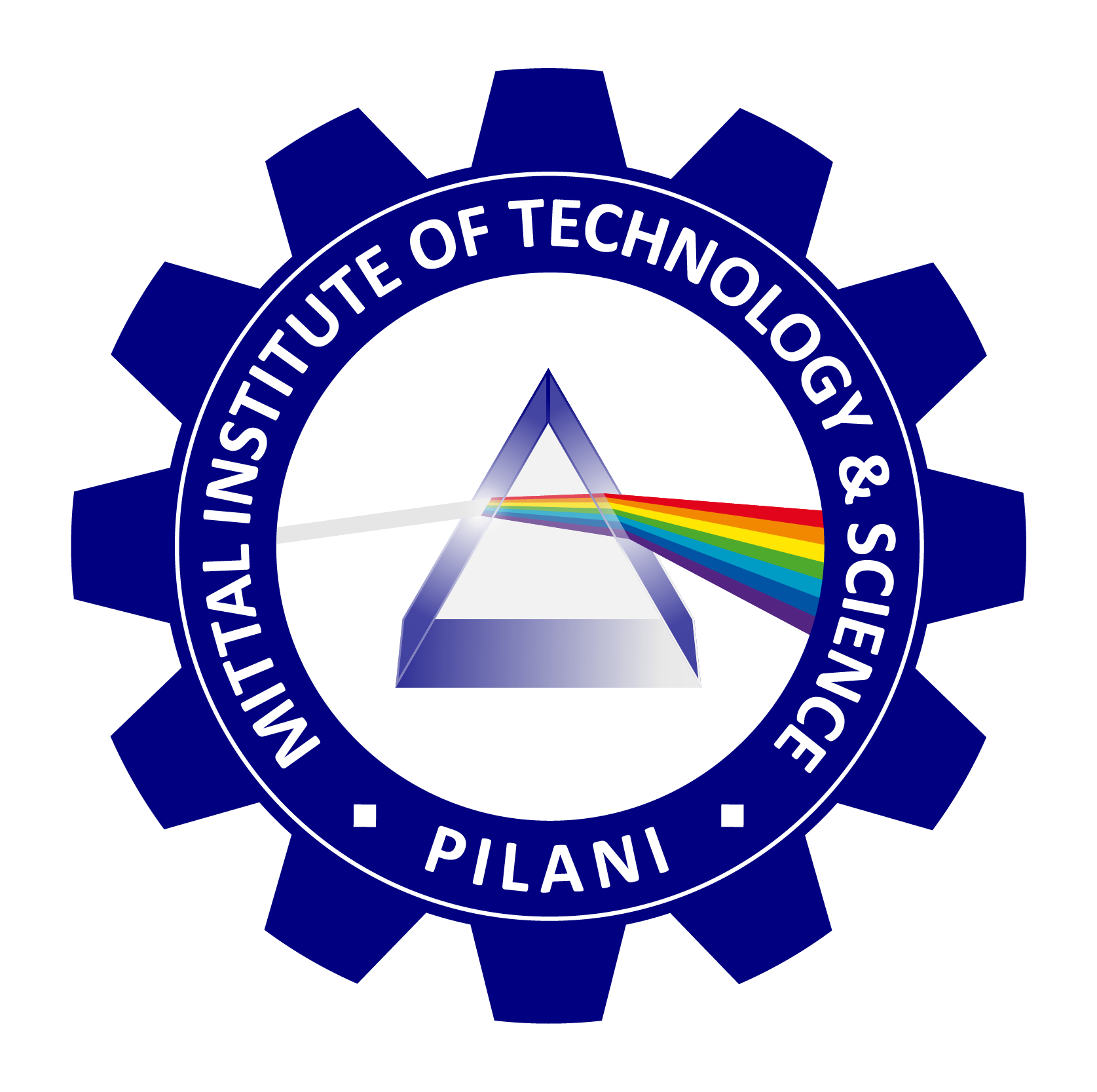
MITTAL INSTITUTE OF TECHNOLOGY & SCIENCE, PILANI
Business Automation Using SAP: Streamlining Enterprise Operations
Introduction
In the modern digital economy, business automation has become a crucial factor in enhancing organizational efficiency, reducing operational costs, and enabling real-time decision-making. Among the global leaders in enterprise automation software is SAP SE (Systems, Applications, and Products in Data Processing), a German multinational corporation that provides a comprehensive suite of enterprise resource planning (ERP) solutions. SAP’s technology platforms allow businesses of all sizes to automate and integrate their core processes—finance, supply chain, human resources, customer relationships, and analytics—on a unified, intelligent system.
What is Business Automation?
Business automation refers to the application of technology to perform recurring tasks or processes in a business where manual effort can be replaced. The goal is to achieve:
- Process efficiency
- Data consistency
- Cost reduction
- Real-time analytics and monitoring
- Enhanced compliance and control
SAP’s ERP software solutions play a central role in facilitating these outcomes across diverse industries such as manufacturing, retail, healthcare, energy, finance, and government.
SAP as a Business Automation Platform
SAP offers a wide range of products designed to automate every facet of an enterprise:
- SAP S/4HANA
SAP’s flagship intelligent ERP system designed for large enterprises. Built on the SAP HANA in-memory database, it offers:
- Real-time transactional and analytical processing
- Integration of financials, procurement, production, sales, and distribution
- Advanced technologies like AI, ML, and RPA for smart automation
- SAP Business One
Tailored for small and midsize businesses (SMBs), this solution automates core functions such as:
- Accounting and financials
- Inventory and supply chain management
- Sales and customer relationship management (CRM)
- SAP Business ByDesign
A cloud-based ERP solution for growing mid-sized businesses that need an integrated suite with automation features like:
- Human resources and payroll automation
- Project management with predictive analytics
- Supplier collaboration and self-service procurement portals
Core Automation Capabilities of SAP
- Finance and Accounting Automation
SAP automates complex financial tasks such as:
- General ledger posting
- Accounts payable and receivable
- Bank reconciliations
- Tax compliance and regulatory reporting
- Financial closing and consolidation
Using SAP Intelligent Robotic Process Automation (SAP iRPA) and SAP Central Finance, companies gain real-time insights and faster processing.
- Supply Chain and Manufacturing Automation
SAP automates manufacturing and logistics operations using:
- SAP Integrated Business Planning (IBP) for demand forecasting and supply planning
- SAP Digital Manufacturing Cloud for shop floor automation
- Real-time tracking of materials and inventory
- Vendor management and procurement workflows
- Human Capital Management (HCM) Automation
Through SAP SuccessFactors, businesses can automate:
- Recruitment and onboarding
- Time and attendance tracking
- Performance management
- Payroll and compensation
AI-enhanced modules allow for predictive hiring and personalized employee experiences.
- Customer Relationship and Sales Automation
With SAP Customer Experience (CX) and SAP Sales Cloud, businesses can:
- Automate customer journey mapping
- Manage leads, quotes, and orders
- Deliver targeted marketing campaigns
- Enable omnichannel customer service
Advanced Technologies in SAP Business Automation
SAP integrates several emerging technologies to elevate business automation:
- AI and Machine Learning: Fraud detection, intelligent invoice matching, and demand prediction.
- Robotic Process Automation (RPA): Automates repetitive tasks like data entry, email responses, and report generation.
- Internet of Things (IoT): Enables predictive maintenance and asset monitoring in industrial automation.
- Blockchain: Ensures trust in multi-party supply chains and financial transactions.
- Analytics and BI (SAP Analytics Cloud): Provides dashboards, KPIs, and real-time visualizations for data-driven decisions.
Industry Applications of SAP Automation
Manufacturing:
SAP automates production scheduling, resource planning, and plant maintenance with integration to IoT sensors and MES (Manufacturing Execution Systems).
Retail:
Retailers use SAP to automate inventory control, loyalty programs, and point-of-sale data integration for improved customer targeting.
Finance & Banking:
Banks automate compliance, credit risk assessment, and transaction reporting using SAP solutions tailored for financial services.
Healthcare:
SAP automates hospital administration, patient records, billing, and procurement of medical supplies with compliance to healthcare regulations.
Benefits of Business Automation using SAP
- Operational Efficiency: Automates repetitive and time-consuming tasks.
- Data Accuracy and Consistency: Reduces human error and enables single-source truth.
- Scalability: SAP can support growing business needs across geographies.
- Compliance and Security: In-built support for global regulatory standards (e.g., GDPR, SOX).
- Cost Savings: Reduces administrative overheads and manual interventions.
- Agility: Respond to market changes faster with intelligent workflows and analytics.
Challenges in SAP Automation Implementation
Despite its advantages, organizations may face challenges:
- High Initial Cost: Licenses, customization, and consulting fees can be expensive.
- Complexity: Requires skilled consultants and significant time for deployment.
- Change Management: Employees may resist transition from manual to automated systems.
- Integration: Legacy system integration needs careful planning.
These challenges are often mitigated through SAP-certified partners, Agile implementation methodologies, and modular rollouts.
SAP provides a comprehensive and scalable platform for automating end-to-end business processes across industries. Its intelligent suite, powered by next-generation technologies such as AI, RPA, and real-time analytics, makes it a leading choice for enterprises aiming to enhance efficiency and innovation. While the implementation may be resource-intensive, the long-term benefits in terms of productivity, accuracy, and competitiveness justify the investment. As digital transformation accelerates, SAP will continue to shape the future of business automation globally.

Professor Rakesh Mittal
Computer Science
Director
Mittal Institute of Technology & Science, Pilani, India and Clearwater, Florida, USA
